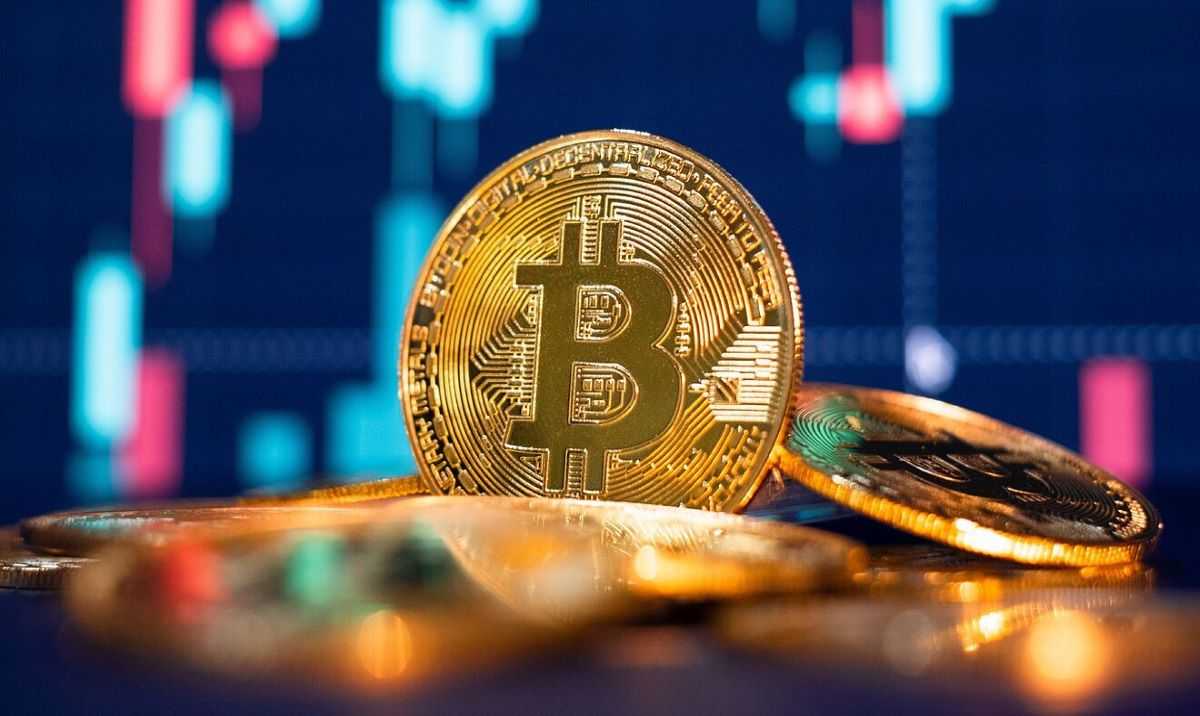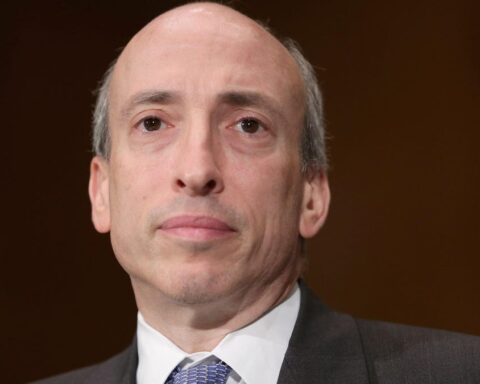Despite facing various challenges, Bitcoin maintained its position above $63,000 on April 26. Outflows from spot Bitcoin exchange-traded funds (ETFs), regulatory concerns, and scrutiny from U.S. senators did not deter its stability.
Farside Investors reported that spot Bitcoin ETFs in the U.S. experienced a net outflow of $218 million on April 25, following a $120 million outflow the previous day.
Franklin Templeton was the sole provider to register inflows on April 25, suggesting that the trend of withdrawals was not solely due to high fees at Grayscale GBTC.
On April 25, U.S. Senators Elizabeth Warren and Bill Cassidy wrote to the U.S. Department of Justice and the Department of Homeland Security, seeking details on measures to address pseudonymous cryptocurrency payments related to child abuse material.
They referenced a Chainalysis report and emphasized the importance of punishing those involved in such illicit activities.
Despite these challenges, Bitcoin bulls find optimism in deteriorating global macroeconomic conditions.
The U.S. Personal Consumption Expenditures (PCE) rose by 2.8% year-over-year in March, exceeding the target set by the U.S. Federal Reserve.
This inflation rise is concerning, especially as first-quarter U.S. gross domestic product (GDP) growth was lower than expected at 1.6%.
Market expectations suggest that the Fed may maintain higher interest rates for an extended period.
George Mateyo, chief investment officer at Key Wealth, noted that while the prospects of rate cuts remain, they are not assured, and the Fed may require weakness in the labor market before considering cuts.
READ MORE: Bitcoin Transactions Surge to All-Time High Following Halving: Runes Protocol Leads the Way
Lawrence MacDonald, founder of “The Bear Traps Report,” projected that interest payments as a percentage of federal spending in the U.S. would increase to 12.3% in 2024.
Recent government bond auctions showed a tepid response from investors, with the five-year U.S. Treasury yield reaching its highest levels in nearly six months on April 25.
Bitcoin investors are cautious about the unsustainable trajectory of U.S. government fiscal policies, as lower interest rates to alleviate debt burden could lead to higher inflation.
The situation is not unique to the U.S.; Japan, the world’s fourth-largest economy, experienced a significant devaluation of its currency, the yen, reaching its lowest level since 1990, and a lower-than-expected inflation rate of 1.8% in April.
Geiger Capital, a user on the X social network, highlighted that the Bank of Japan (BOJ) is restricted from raising interest rates due to the country’s staggering 265% debt-to-GDP ratio.
While a weaker yen benefits exports, it hampers domestic consumption.
Moreover, as the largest holders of U.S. Treasurys, Japanese investors’ actions significantly impact the global economy.
In summary, Bitcoin’s price faced challenges from outflows in U.S. spot ETFs, regulatory pressures, and global economic downturns.
Nonetheless, some analysts believe that worsening global economic conditions may prompt additional stimulus measures by central banks, potentially benefiting Bitcoin due to its scarcity and resistance to censorship.
To submit a crypto press release (PR), send an email to sales@cryptointelligence.co.uk.




